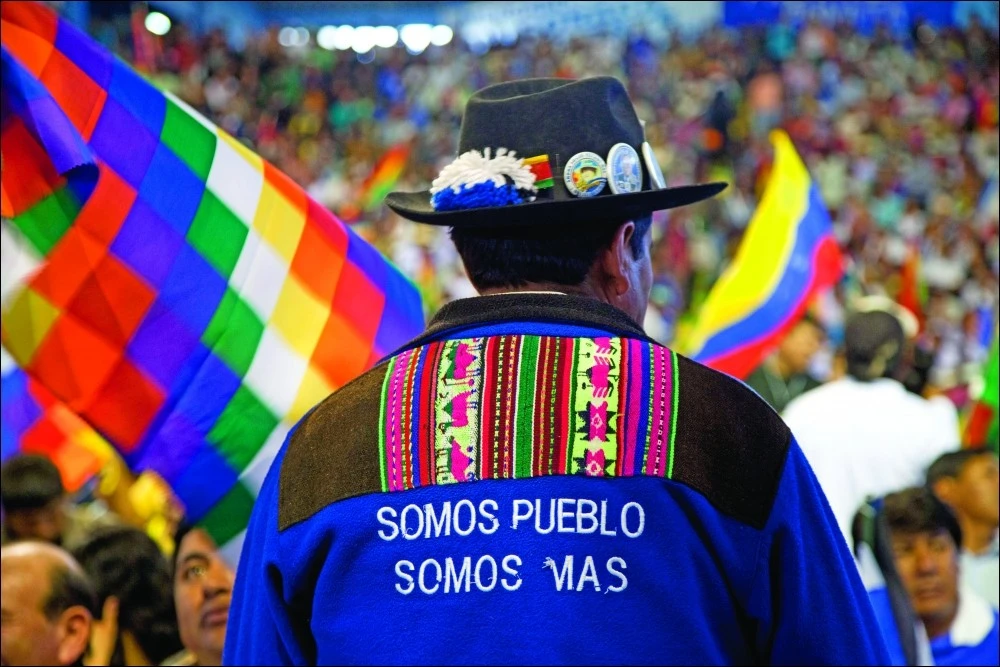Rising tension between President Luis Arce and former President Evo Morales is causing internal strife within Bolivia’s ruling Movement for Socialism (MAS) party.
Morales accuses Arce of betrayal for talking to opposition leader Carlos Mesa. Analysts like José Carlos Sánchez warn that the party might break up due to this rift.
Meanwhile, critics outside MAS see an opportunity. They believe a divided MAS could lead to stronger democratic institutions in Bolivia.
They point to similar issues in Venezuela, Nicaragua, and Cuba.
In response, Oscar Hassenteufel, the electoral tribunal’s president, suggests an audit. He wants to collaborate with the European Union on this task.
The public also supports this audit, raising their voice for more transparency.
Both Arce and Morales are mobilizing supporters. They are planning large rallies to show their strength.
Morales’ backers accuse Arce of being soft on drug trafficking, adding another layer of tension.
Recent polls add to the party’s woes. Morales has a 10% approval rating, while Arce sits at 14%.
These numbers cast doubt on the party’s future as the 2025 elections approach. Additionally, 77% of Bolivians disapprove of the current government’s policies.
The internal struggle presents a dilemma for Bolivians. They must choose between a leader accused of corruption and another implicated in drug trafficking.

This battle also affects state media, as both sides fight for government funding.
Right now, the opposition lacks a strong candidate. This absence adds more uncertainty to Bolivia’s already shaky political scene.
The open fight in MAS also puts state projects at risk.
This tension within MAS can destabilize Bolivia’s politics. If MAS breaks apart, the impact on Bolivia’s future could be significant.
Background
The MAS party has been a dominant force in Bolivia since 2006. Evo Morales, its founder, was the country’s first Indigenous president.
His policies focused on social justice and reducing poverty. However, allegations of electoral fraud in 2019 led to his resignation and exile.
Luis Arce, his successor, took office in 2020, promising to continue Morales’ legacy.

